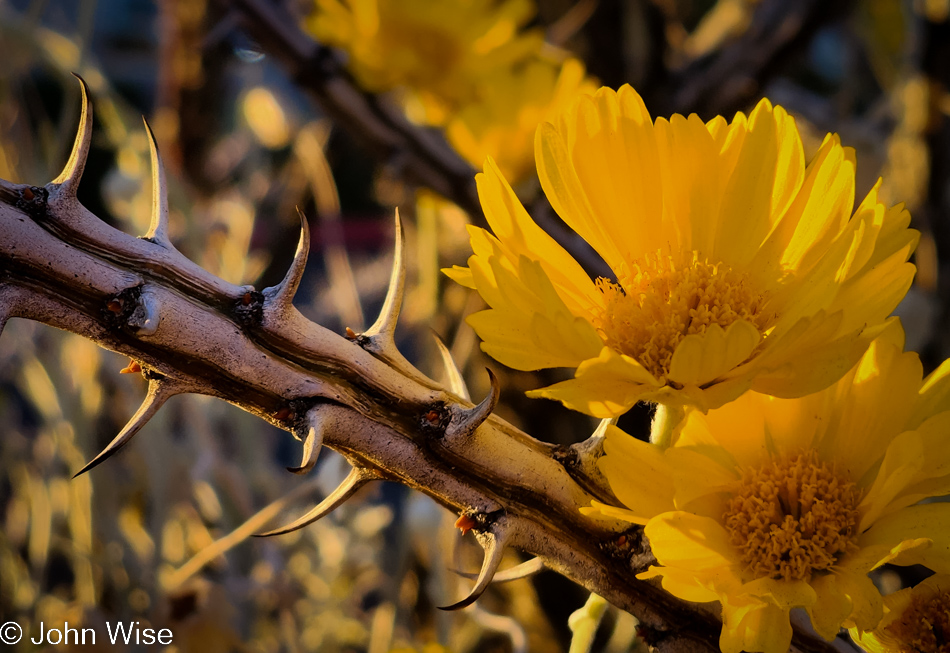
What do we choose to focus on, and what impact does that have on our daily lives? For a month and a half, which includes the time from mid-November until the end of that month when we were on vacation in Oregon through the entirety of December, when I was preparing the lengthy blog posts that I shared here, my focus was on the details that surrounded that trip. Along the way, I learned more about the geology of the coast, the fungi, the sea life that calls the shore home, and a few lessons about perspective. Each day while traveling, my sense of happiness in spending time with my best friend was reinforced, and afterward, on each day prepping photos or writing I bumped into impressions of her that often had me smiling at my computer screen. Mind you, this was but one trip of the 19 that we took during 2022.
Now consider those whose gaze is attached to routines that only rarely waver. Sure, many are drawn into the experience of travel when so fortunate to be able to indulge in those pastimes, but it is what we do outside of those kinds of singularities that also matter. Are you dreaming of what’s next and celebrating what has been or are you bored with the same old stuff you’ll wallow in this evening and dreading the approach of bills you’d rather avoid?
When jobs and routines define much of who we are, where do we turn to force a perspective shift? What do we give up, alter, or intentionally move in order to discover something about ourselves with a mindset ripe for a break from our fixed ideologies and expectations? Is such a process even possible?
In a recent blog entry titled Stages, I posted a list of my interests over time, roughly grouped by age. Some things remain ever-present over the course of my life but they’ve been evolving while others were discarded. Looking at that list while writing this now, I am wondering what the main constants were that stayed with me and grew; I added those at the bottom of that post. Not that I want to refer you to that entry, but it was an exercise for me to think out loud that much has come and gone in my life, and while the decision to abandon something is not always a conscious one, it’s possible to leave parts of ourselves behind. I don’t know if leaving something is really an intentional act or just something that is bound to happen when we bring in new stimuli and grow beyond the utility of what something else had once offered us.
This, then, would appear to be the formula for change: always be open to bringing in new information, experiences, and challenges. Each time you alter a pattern, there’s a ripple into your past that allows you to understand that you are moving beyond that part of you that once served a purpose. We intuitively know this when it comes to playing with toys at 30 years of age it might be awkward to take a date to our place to play with dolls and model cars, though that might be cute the first time. And yet, this is exactly what we do when it comes to many of the activities and interests we gathered from the age of 15 to 30 years old. Just consider how many people still watch the same sports teams, listen to the same music, or watch their favorite teen movies well into adulthood. I get it; there’s room for nostalgia, but what I’m describing are those on a treadmill of life repetition.
We must, at times, take inventory of our progress, or lack of it, and foment a personal revolution that questions why we are on a trajectory that likely stalled out. It is the job of capitalism to blind us or at least take away the focus of seeing ourselves clearly enough to desire change. As creatures who tend to develop repetitious behaviors, we become beholden to those who parse out happiness through consumption, but this is not a path to real happiness. To paraphrase German philosopher Walter Benjamin, self-revolution is the emergency brake saving ourselves from cultural self-immolation brought on by capitalism.